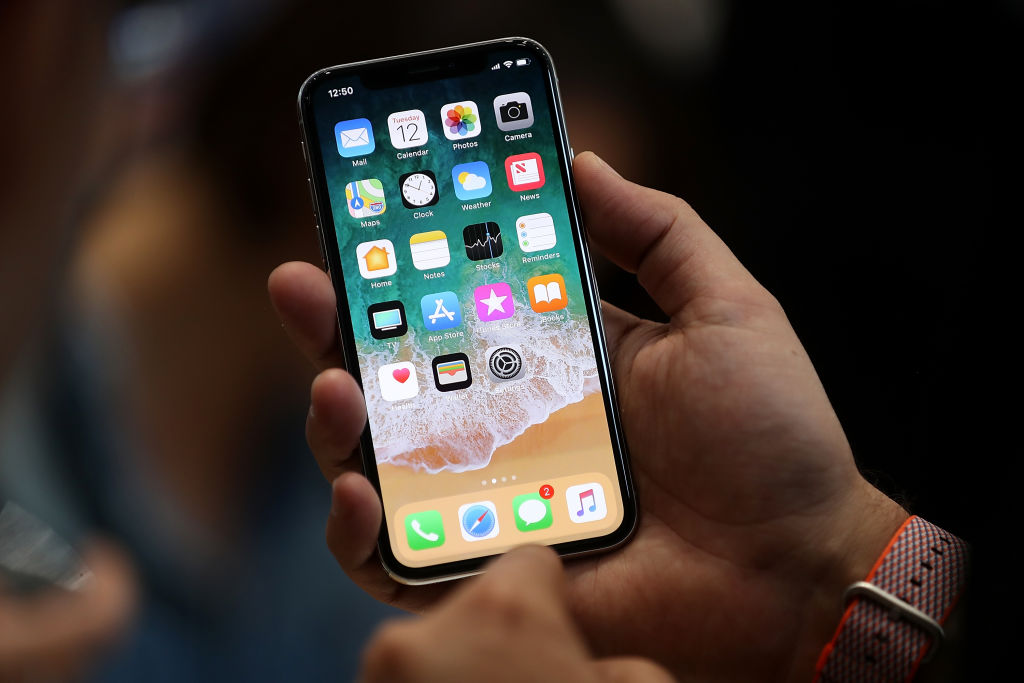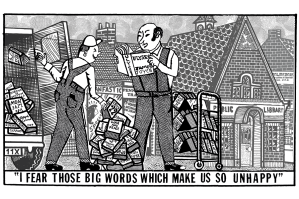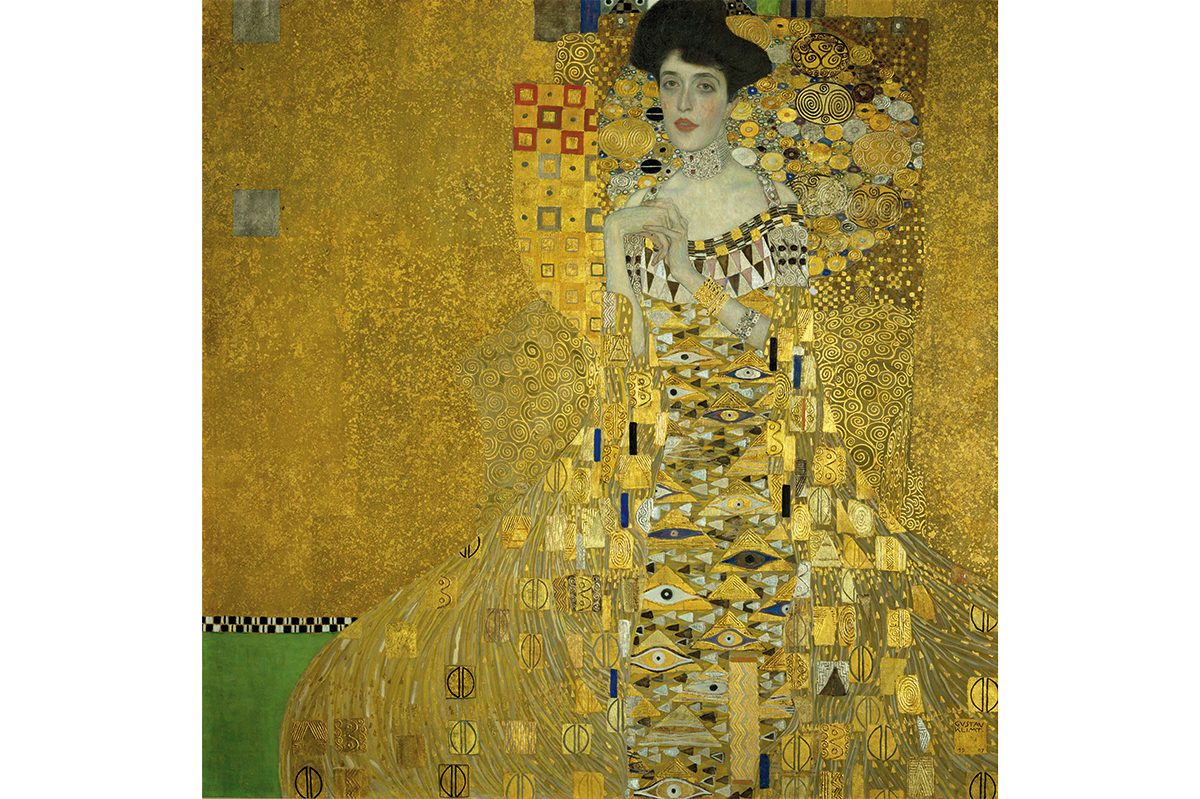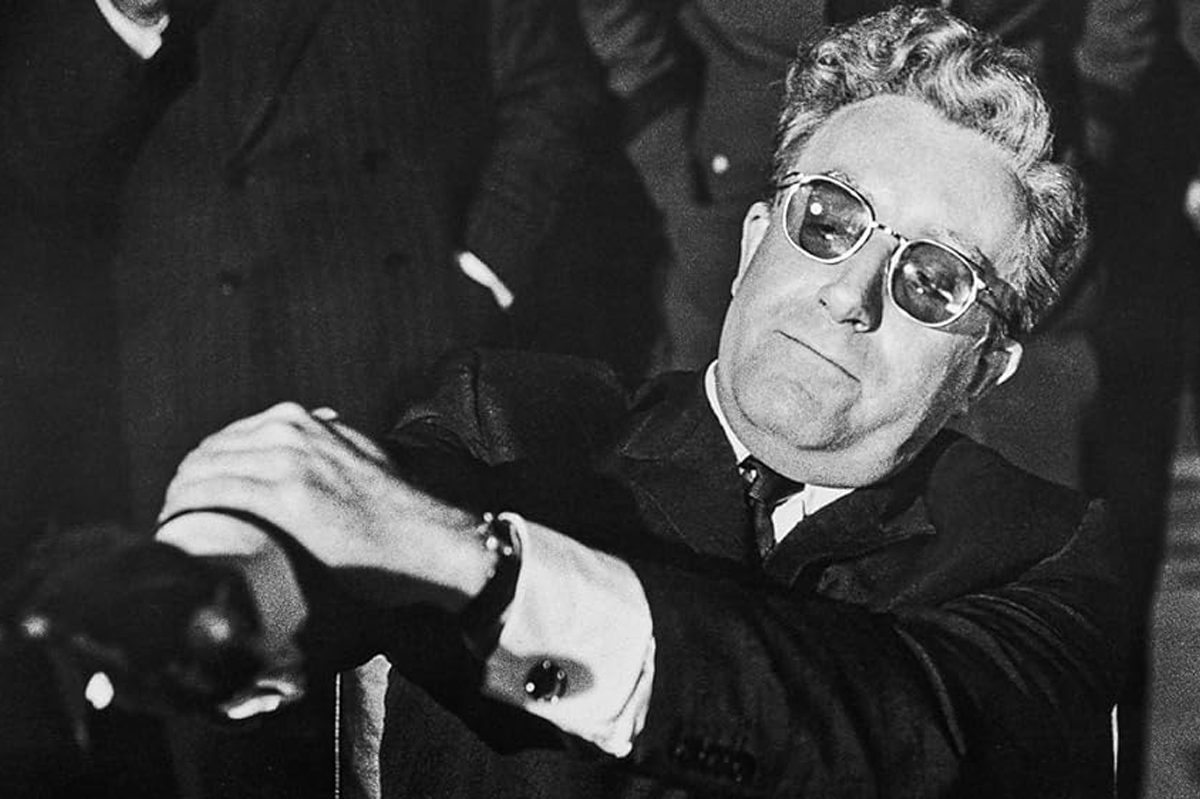In an era that claims to value the authentic, the direct and the natural, the word “processed” has negative connotations, as in “processed” food. Nevertheless, it describes exactly how perhaps nine-tenths of the human race — including, I imagine, the lost Indian tribes of the Amazonian wilderness — experience reality these days, which is to say processed through electronic media, social media and the oxymoronic smartphone.
It is a tragic but incontrovertible fact that the vast majority of people in recent decades, are neither living in what they call “real time” (as if time could be anything else) nor experiencing life and the world itself at first hand, but rather at second or third remove; like sitting behind the wheel of a fifth- or sixth- hand automobile with no tires and a seized-up engine purchased from a used-car salesman straight out of Steinbeck’s Grapes of Wrath, pumping the accelerator and shouting “Vroom, vroooooom!” To drive home the aptness of this simile, I cite the fact, ascertained some years ago by the sort of pedagogue who devotes his career to such investigations, that young Americans today, many fewer of whom own cars or have even learned to drive them than in the relatively recent past, choose to remain at home with their noses pressed to their computer screens in preference to buying a jalopy and hitting the open road as previous generations of American youth did (though it is difficult to imagine a travel video made by Jack Kerouac being a satisfying substitute for his book).
While it is possible, of course, to acquire a — very limited — impression of life in the “real world” through electronic experience alone, the unbridgeable distance between watching-and-listening and doing-and-feeling is so obvious when one considers the unbridgeable distance between actually riding a horse and watching a video of someone riding one that the thing hardly needs explaining. So much is missing from the latter experience that is present in the former: the feel of the powerful barrel heaving between your legs, the sound of the pounding hooves beneath you, the smell of equine sweat and urine, the hard wind sharp in your face and the sun or rain on your cheek. An entire generation has been “programmed” — as the technological barbarians say — to ignore entirely the life about it, while concentrating, fiercely and exclusively, on the tablet beneath their fingers with its endless sequence of images filtered and processed by twisted people to beguile and pervert their minds while stultifying their powers of observation, reflection and imagination; in short, their humanity.
The digital habit — actually, an addiction contrived and promoted by Silicon Valley — is plainly antithetical to the habit of being, and hence to the habit both of creating art and of learning to understand and appreciate it. Art is grounded in the experience of the world and the creatures who inhabit it, beginning with human beings, raised to a higher power of reality by the artist. But to provide material for art and its comprehension and appreciation by the public, the original experience must have been at first-hand and personal. This is one reason why so few art and literary critics, for whom experience tends to be derivative, are themselves good painters, novelists or poets.
You need not be a morbid cultural pessimist to wonder how a generation, and generations to come, of people whose experience of this world is preeminently as artificial and commercialized, created by electronic wizards, themselves leading what one assumes are experientially narrow lives restricted to abstract technological thinking, for whom literature has been replaced by a succession of electronic images and music by a cacophonous chaos of weird electronically generated sounds over a running bass as regular and monotonous as war-drumming, could possibly be expected to sustain the literary, musical, representational, architectural and plastic culture that the civilization of the West has created over three millennia, much less care whether it survives or not.
This article was originally published in The Spectator’s March 2024 World edition.


























Leave a Reply